Refine listing
Actions for selected content:
1295041 results in Books
14 - 2018–2020
-
- Book:
- Choosing Defeat
- Published online:
- 07 October 2025
- Print publication:
- 07 October 2025, pp 401-434
-
- Chapter
- Export citation
Acknowledgments
-
- Book:
- Choosing Defeat
- Published online:
- 07 October 2025
- Print publication:
- 07 October 2025, pp viii-viii
-
- Chapter
- Export citation
6 - 2007–2008
-
- Book:
- Choosing Defeat
- Published online:
- 07 October 2025
- Print publication:
- 07 October 2025, pp 161-196
-
- Chapter
- Export citation
16 - Why Did We Lose?
-
- Book:
- Choosing Defeat
- Published online:
- 07 October 2025
- Print publication:
- 07 October 2025, pp 467-495
-
- Chapter
- Export citation
2 - 2001
-
- Book:
- Choosing Defeat
- Published online:
- 07 October 2025
- Print publication:
- 07 October 2025, pp 37-69
-
- Chapter
- Export citation
Index
-
- Book:
- Choosing Defeat
- Published online:
- 07 October 2025
- Print publication:
- 07 October 2025, pp 505-530
-
- Chapter
- Export citation

Eastern Philosophy and Classical Theism
-
- Published online:
- 06 October 2025
- Print publication:
- 30 October 2025
-
- Element
- Export citation

Hegel and Colonialism
-
- Published online:
- 06 October 2025
- Print publication:
- 04 December 2025
-
- Element
-
- You have access
- Open access
- HTML
- Export citation

Learning to Teach in a New Era
-
- Published online:
- 04 October 2025
- Print publication:
- 25 September 2025
-
- Textbook
- Export citation
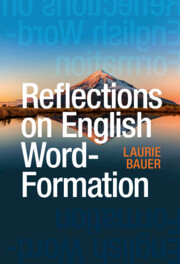
Reflections on English Word-Formation
-
- Published online:
- 03 October 2025
- Print publication:
- 07 August 2025
-
- Textbook
- Export citation
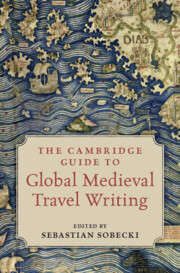
The Cambridge Guide to Global Medieval Travel Writing
-
- Published online:
- 03 October 2025
- Print publication:
- 02 October 2025
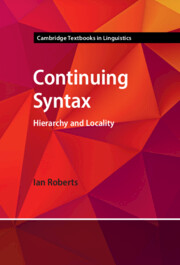
Continuing Syntax
- Hierarchy and Locality
-
- Published online:
- 03 October 2025
- Print publication:
- 25 September 2025
-
- Textbook
- Export citation
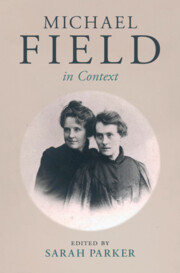
Michael Field in Context
-
- Published online:
- 03 October 2025
- Print publication:
- 25 September 2025
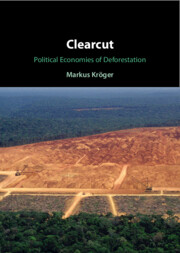
Clearcut
- Political Economies of Deforestation
-
- Published online:
- 03 October 2025
- Print publication:
- 02 October 2025
-
- Book
-
- You have access
- Open access
- Export citation
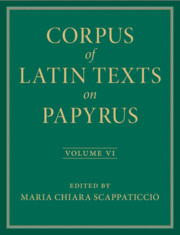
Corpus of Latin Texts on Papyrus
-
- Published online:
- 03 October 2025
- Print publication:
- 04 September 2025
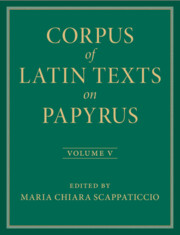
Corpus of Latin Texts on Papyrus
-
- Published online:
- 03 October 2025
- Print publication:
- 04 September 2025
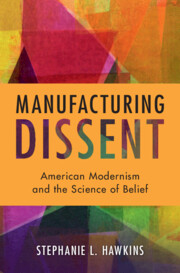
Manufacturing Dissent
- American Modernism and the Science of Belief
-
- Published online:
- 03 October 2025
- Print publication:
- 21 August 2025
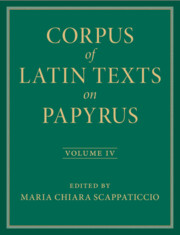
Corpus of Latin Texts on Papyrus
-
- Published online:
- 03 October 2025
- Print publication:
- 04 September 2025

Deep Learning in Quantitative Trading
-
- Published online:
- 03 October 2025
- Print publication:
- 30 October 2025
-
- Element
- Export citation
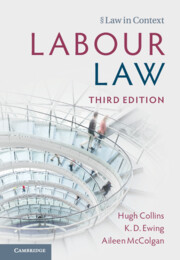
Labour Law
-
- Published online:
- 02 October 2025
- Print publication:
- 20 November 2025
-
- Textbook
- Export citation
